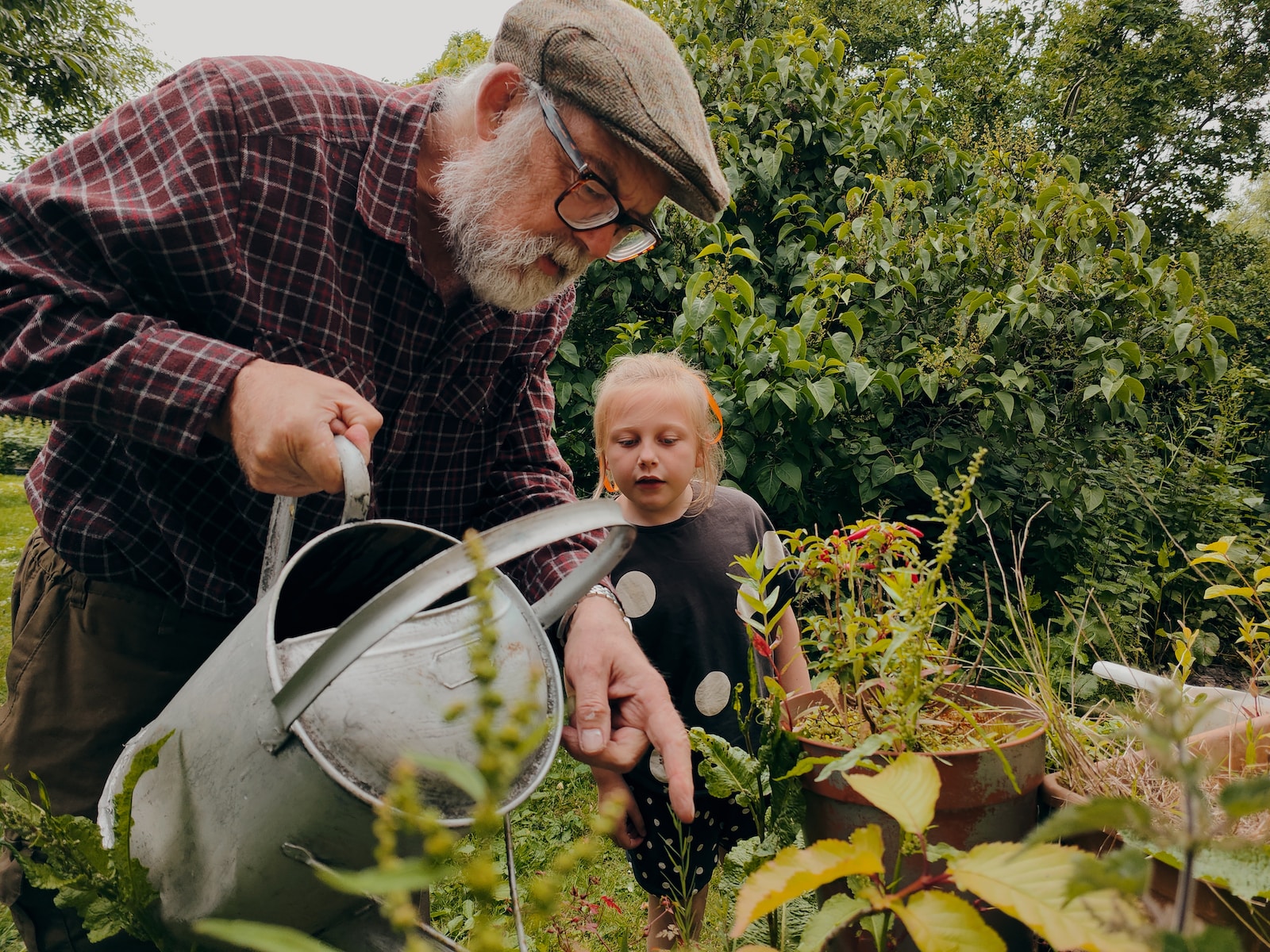Share this article with your network of friends!
Dealing with an adult child’s drug addiction or alcoholism can be an emotionally challenging journey for seniors. It brings forth a range of emotions, including guilt, frustration, and sadness, while requiring a delicate balance of support and boundaries. In this article, we provide guidance and insights for seniors navigating the complexities of an adult child’s substance abuse, offering strategies to maintain your own well-being while supporting your child on their path to recovery.
1. Educate Yourself:
– Understand Addiction: Educate yourself about the nature of addiction, its causes, and the impact it can have on individuals and families. Learn about the signs and symptoms of substance abuse to better recognize and address the issue.
– Seek Professional Guidance: Consult addiction specialists, therapists, or support groups for reliable information and guidance. These resources can provide valuable insights and help you understand the complexities of addiction.
2. Foster Open and Non-Judgmental Communication:
– Express Concern with Compassion: Approach your adult child with empathy and non-judgmental language when discussing their substance abuse. Express your concern for their well-being and emphasize that your intention is to support them.
– Active Listening: Provide a safe space for your adult child to share their thoughts and emotions. Listen attentively without interruption or judgment, allowing them to express themselves openly. This fosters trust and encourages communication.
3. Establish Healthy Boundaries:
– Set Clear Expectations: Establish boundaries that promote your well-being while encouraging your adult child to take responsibility for their actions. Clearly communicate your expectations regarding sobriety, attending treatment programs, or engaging in therapy.
– Emotional Boundaries: It’s crucial to prioritize your own emotional well-being. Understand that you cannot control your adult child’s choices or addiction, and that self-care is essential. Seek support through therapy, counseling, or support groups to process your emotions and gain coping strategies.
4. Offer Support and Encourage Treatment:
– Encourage Professional Help: Encourage your adult child to seek professional treatment, such as therapy, counseling, or rehabilitation programs. Support their decision to pursue recovery and provide resources to connect them with appropriate treatment options.
– Express Unconditional Love: Communicate your love and support for your adult child, emphasizing that you are there for them throughout their recovery journey. Assure them that seeking help is a brave and positive step towards a healthier and happier life.
5. Seek Support for Yourself:
– Join Support Groups: Consider joining support groups for families and loved ones of individuals struggling with addiction. These groups provide a safe space to share experiences, gain insights, and find emotional support from others who have faced similar challenges.
– Individual Therapy: Engage in individual therapy or counseling to process your emotions, develop coping strategies, and learn effective communication techniques. A therapist can provide guidance and support tailored to your specific needs.
Dealing with an adult child’s drug addiction or alcoholism is an arduous journey for seniors, requiring strength, patience, and resilience. By educating yourself, fostering open communication, establishing healthy boundaries, offering support, and seeking help for yourself, you can navigate this difficult path while maintaining your own well-being. Remember that addiction is a complex disease, and recovery is a unique and individual process. Your unwavering support and understanding can be invaluable in helping your adult child find their path to healing and sobriety. Stay hopeful, seek support, and remember that you are not alone in this journey.
DISCLAIMER: This website contains articles for informational and entertainment purposes only. No articles on this website should be considered as professional advice for any medical, legal, or financial matter. Advertisements and content may contain affiliate links, where the website earns a commission for sales derived from our users.





